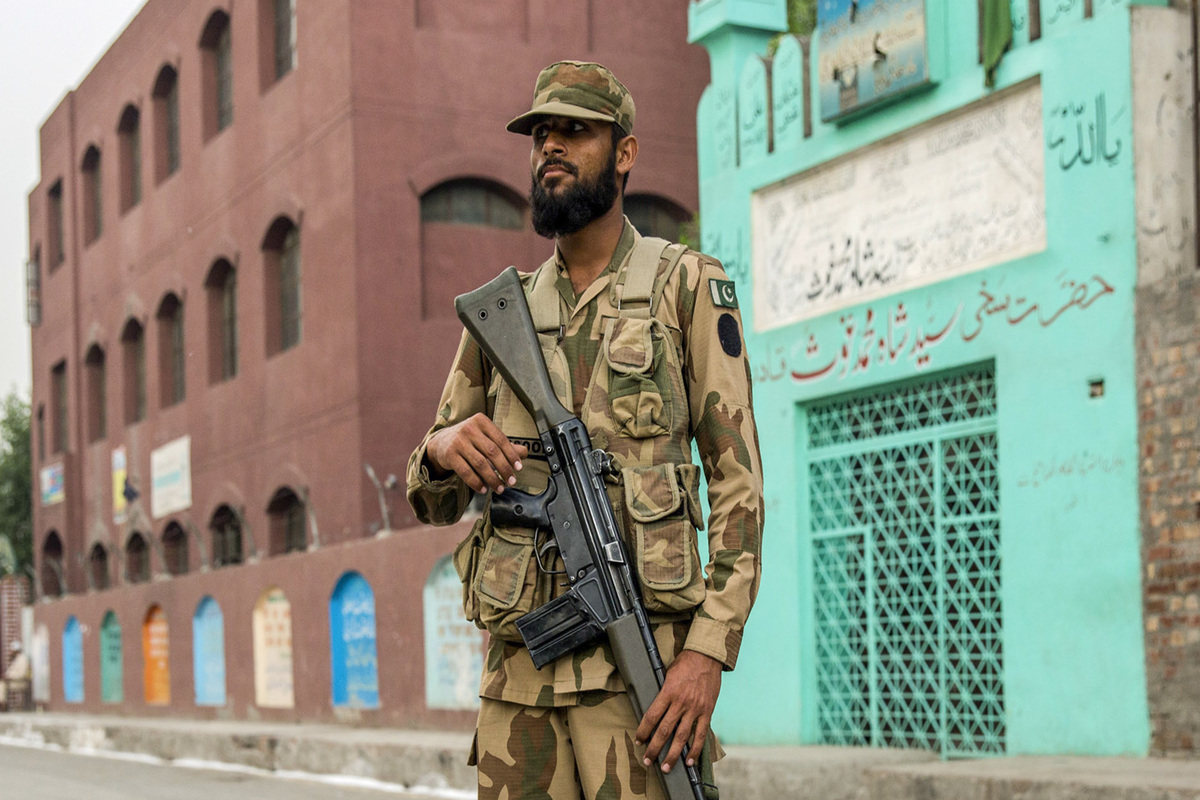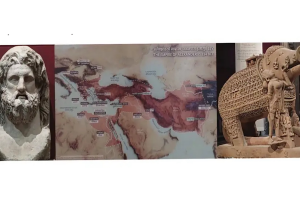Pakistan has effected a critical shake-up in the omnipotent military establishment, appointing Lt-Gen Nadeem Ahmed Anjum as the new head of the Inter Services Intelligence, a pivotal adjunct of the military, and transferring the incumbent, Lt-Gen Faiz Hameed, as corps commander in Peshawar.
While Lt Gen Faiz needs to command a corps ~ something he has not done ~ in order to be eligible for appointment as Army chief once the incumbent, General Qamar Javed Bajwa, ends his extended tenure in November 2022, the choice of Peshawar is significant because of his role in the Afghan imbroglio.
The outgoing ISI chief had played a crucial part in the Doha talks that led to the American departure from Afghanistan and more recently in meeting Taliban hardliners to cobble together a government in Kabul. Peshawar’s proximity to the Afghan border means that he will continue to be engaged with Pakistan’s Afghan policy. The region is in ferment, to say the least, of a kind that can impact both Pakistan and Afghanistan. Indeed, Peshawar has been crucial over the past two decades.
The appointment of General Anjum as the country’s “top spymaster”, so-called, is of course theoretically the prerogative of the Prime Minister; the position of the ISI head is rated as the most powerful after that of the Army chief. Though the Prime Minister is expected to consult the Army chief on the selection of the DG-ISI, it is well known that in Pakistan it it is the Army establishment that arranges both the chairs and the music to orchestrate these key appointments. In any event, Imran Khan is known for his agreeable equation with the military.
The changes that were announced on Wednesday are part of a wider reshuffle in the higher echelons of the military, affecting the corps commanders in Karachi and Gujranwala, the adjutant general, and the quartermaster general. It is pretty obvious that several officers of the rank of Lieutenants-General have been transferred and given new assignments, post the earth-shaking developments in the neighbouring country.
General Hameed’s visit to Kabul had raised questions about Pakistan’s expanded role in Afghanistan following the eclipse of the previous government before the completion of the US withdrawal of boots on the ground. As the ISI chief, Hameed had met several top Taliban figures and leading lights of the Haqqani network in Kabul. His visit was described by observers as an attempt to retain influence with the Taliban. The plot thickens after Wednesday’s reshuffle of Pakistan’s military brass. But one thing seems clear; the outgoing ISI chief remains a key element of Pakistan’s Afghan policy and its attempts to rein in the Tehreek-i-Taliban Pakistan.











